One of the many reason people shy away from healthy eating is the cost. Yes, I’ll be the first to admit that eating healthy can get pretty expensive especially if you have a family. Many people constantly ask how we eat the way we do. Here I will share some of our secrets about buying produce on a budget.
Buying Fresh Produce On A Budget
Once you decide to take health into your own hands you end up finding yourself somewhere near the produce department unsure of what to buy and scared to know the cost. Eating healthy does require a large amount of produce since fruits and veggies are the cornerstones of a healthy diet. They are rich in vitamins, minerals, healthy fats, carbs, and everything you need to nourish the beautiful body you call home.
There are many different budget-friendly places to get good fruits and veggies. The most common places are your average supermarket, farmers market, co-ops, and best of all your own garden! If you’re a busy person like most and gardening is not something you are ready to commit to, don’t worry, you can still find reasonably priced produce that you and your family can enjoy. Here’s what I have learned about shopping smart and buying produce on a budget.
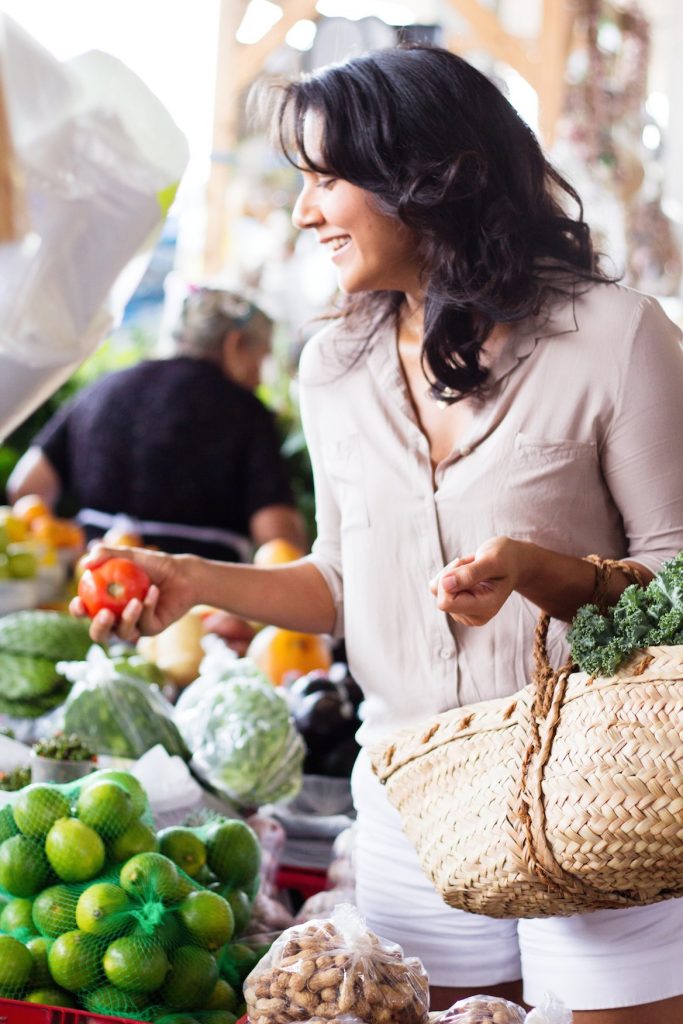
Buy Seasonal
The best way to save money when buying your produce is to shop with the seasons. Seasonal food is much cheaper and does not require anywhere near as much effort to produce. This allows farmers to use natural pesticide-free practices or grow them organically since mother nature is creating the optimal environment for them to grow. Most non-seasonal produce is usually grown thousands of miles away, picked prematurely with shipping time taking days to weeks to get to your local market. Since the nutrients present in fruits or vegetables largely deplete after a few days of picking, maintaining optimal nutrition is increased when shopping seasonally. Looking for what’s in season in your local area? Check out Sustainable Table and get a list of what to buy. Buying seasonal produce has been a great penny saver and allows us to take advantage of the changing abundance of produce offered season to season.
Shop Local
My favorite places to shop are at the local farmer’s markets. This can be a great way to source organic, pesticide-free fruits and veggies without paying the higher prices of health food markets. Building relationships with local farmers can be golden when shopping on a budget. Often times I got free or low-cost produce because farmers needed to clear out inventory. Since the farmers are selling directly to the consumer, they can offer much lower prices and fresher produce. Looking for a farmers market in your area? Check out Local Harvest. As I said before, when you buy produce from supermarkets, a lot of it is picked many weeks before your purchase. This results in produce that is not fully ripened or doesn’t have the nutritional density due to it aging on the truck or shelf. Most farmers sell freshly picked produce, and some are picked the same day. I didn’t realize what a big difference this was until I tried it firsthand. For example, when I buy kale from the supermarket vs local farmers, I can always taste and smell the difference. The kale from the farmer’s market is far more flavorful than that of the supermarket, and even when cutting, the smell of the kale from the farmer’s market is much stronger. Plus it lasts much longer in the refrigerator which is a BIG win for me.
Conventional vs Organic
I do recommend buying organic produce whenever possible, it limits your exposure to pesticides, fungicides, and other environmental contaminants which could affect your health. As much as I would love to buy everything organic, I have to stay within a budget. I like to use the Dirty Dozen & Clean Fifteen Guide when buying produce and prioritizing my organic food. If for any reason organic produce is not an option due to budget or availability, don’t worry. There are different precautions you can take, like peeling your produce or submerging them in vinegar baths. This can help eliminate some of these contaminants. There is also a growing community of non-certified organic farmers, which still use the same practices but choose not to certify their produce due to cost.
Buy Bulk
More and more organic produce is becoming available in supermarkets and wholesale bulk club stores like Costco & Sam’s Club. Just because it’s organic doesn’t always mean it’s going to be expensive, especially if you buy bulk. Finding your own routine stops for where you buy your produce is going to help you a lot when shopping. I have around 4 to 5 locations that I buy my produce from, all depending on my available time and convenience. I recommend you check out the different bulk food stores to get an idea of what they offer. You can also talk to the local produce managers in your area to see what kind of bulk deals they can offer you. We often go to Kroger to get some of our bulk items and HEB to get others. After creating a good relationship with the produce managers and consistently buying bulk quantities, our prices got better and better.
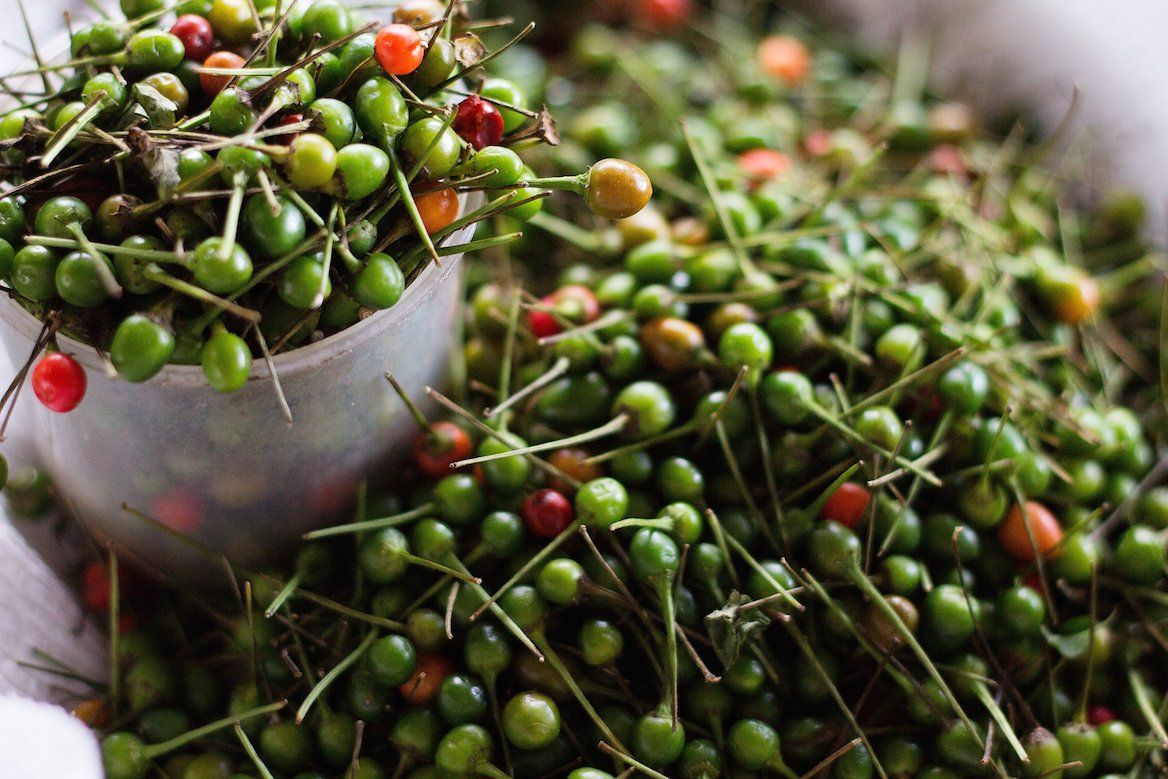
Shop Wholesale
Another great place I have found to buy produce is at a wholesale produce market or distribution center. These places are where restaurants and other markets get their produce. Most major cities have them. My favorites here in Houston are Canino’s & Brothers Produce. I can usually get deals on produce as low as half the price of the supermarket. Most of these markets don’t require large purchases to buy from them. They do however require that you buy a full case. For example, you can’t go and ask for 1 bunch of kale, more than likely you will have to get a case of 12. This is why it’s great to get your friends and family involved too. You can split a case with them if you’re not confident that you will use all of it. If all else fails, freeze it, I often freeze my fruits & veggies that way I don’t feel pressure to eat them right away. It’s the saddest thing to throw food away.
Join A Buying Club or Co-op
Last but not least, a great way to save money is to join a buying club or co-op, this is where members purchase food and other organic products in bulk and split the cost and stash. We do this on occasion, which it’s a great way to get the organic food you want for a much cheaper price. They offer a large variety and often focus on seasonal local produce. This can help with saving time and money since most of the work is done for you. Here in Houston, we are lucky to have a few to choose from. Our favorites in Houston are Rawfully Organic & Central City Co-op, if you don’t have one in your area consider starting a buyer’s club or co-op with your friends and neighbors. This will greatly benefit your community!
5 Tips For Buying Fresh Produce On A Budget
There are many things you can do to find fresh good quality produce on a budget. We have been fine-tuning this process for years and finally came up with a good system that works for us. Here are some of my budget-friendly tips for eating healthy on a budget.
01. Watch For Sales
Many of the local supermarkets send out weekly mailers showing all the current deals they have at their store. Before we make our weekly shopping list I always check our favorite produce markets to see what’s worth buying.
02. Make A Weekly Meal Plan
Having a weekly plan of what you and your family will eat helps to prevent unnecessary spending. Planning your meals around what’s on sale will help to save money and utilize all of your produce, without it sitting in the fridge and going bad.
03. Shop At Different Locations
Many supermarkets will have deals on certain produce items but will often market up other items to even out the cost, allowing you to get a good deal on one but then overspend on another. Shopping at a variety of supermarkets allows you to get a variety of good deals. We often shop at 3-4 different locations to get all-around good deals on our favorite produce.
04. Shop On Restocking Days
Many will mark down bags of lettuce or salad mix or package miscellaneous fruits and vegetables into small packets at bargain prices on the day of the restocking, in an effort to sell them before they spoil. Going shopping on these days will give you added savings.
05. Utilize Your Freezer
When shopping for produce check the freezer aisle, frozen produce at the store is usually a lot cheaper than fresh, especially if the fruit or vegetable is out of season. You can also freeze extra fresh produce finds. We will often stock up on fruits and veggies we find for a good deal and freeze whatever we don’t plan to use. Bananas, berries, peaches, pears, mangoes, and kiwis are some of our favorites to freeze. I also freeze raw veggies too! Carrots, celery, bell peppers, yellow onions, green onions, and potatoes. The ones I don’t freeze are spinach, lettuce, cabbage, cucumbers, zucchini, and tomatoes. Those get to soggy for me.
Let’s Chat!
I hope this helps! What’s your favorite tip for buying produce on a budget? Share & comment below, I’d love to hear what you do to keep produce costs down and what other tips and tricks you’d like me to cover. Stay tuned :)
Love,
I know many of you have been filling my inbox with requests for this post. I hope this post answered all your questions. If you have any other questions about saving money while eating healthy email me at Vanessa@LiveSimplyNatural.com and I’ll answer them to the best of my ability.

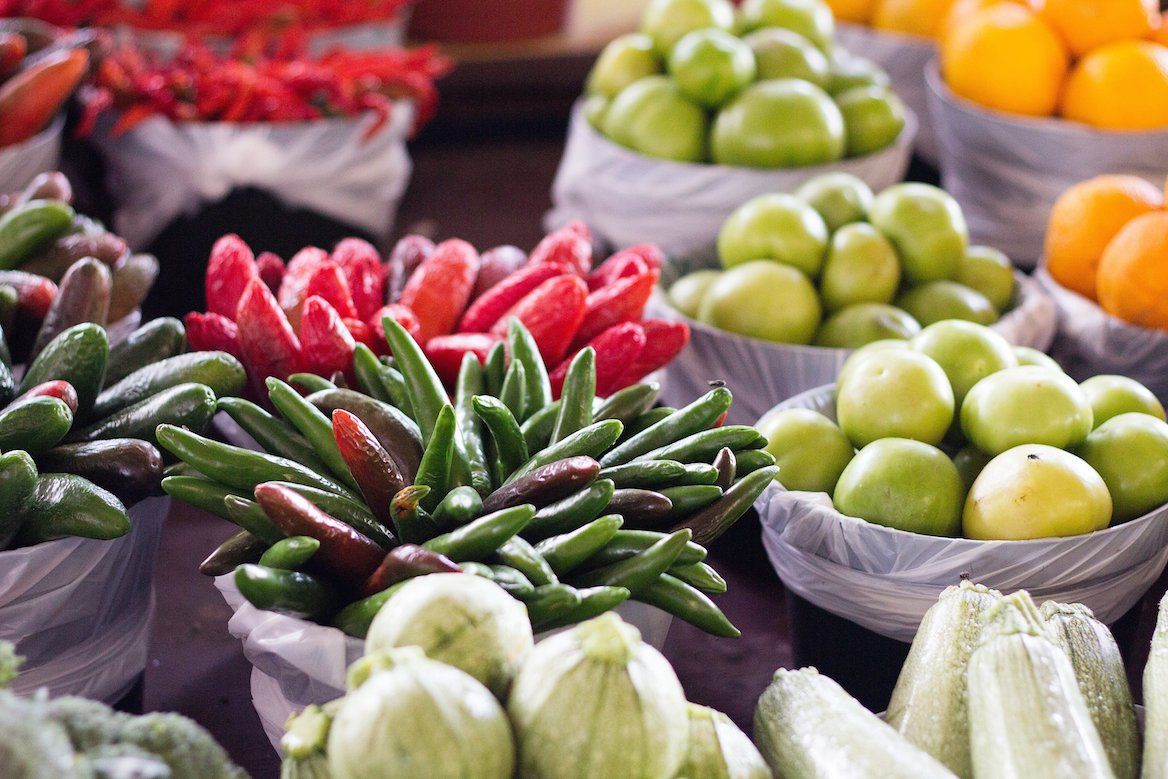
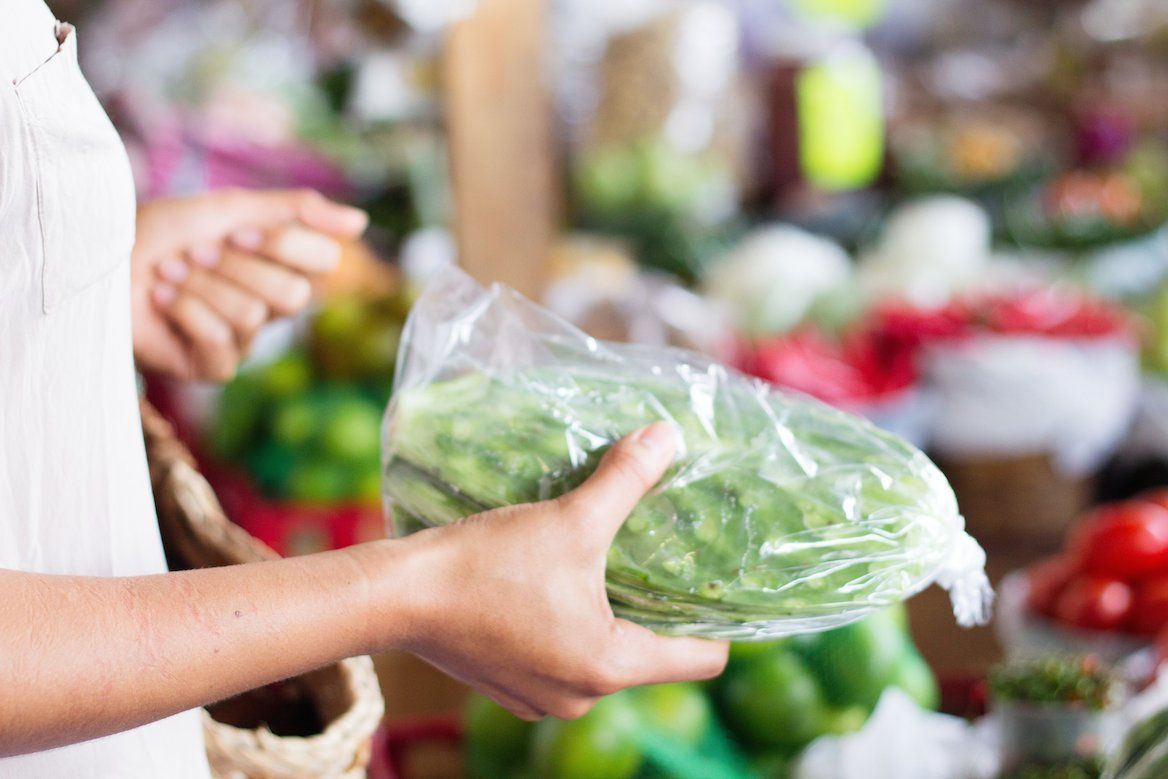

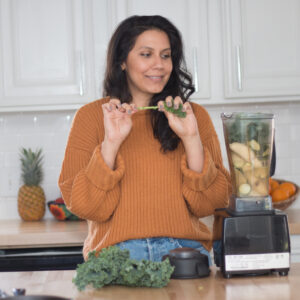
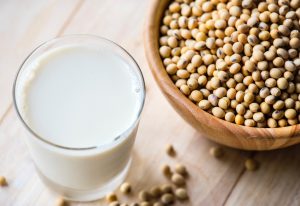
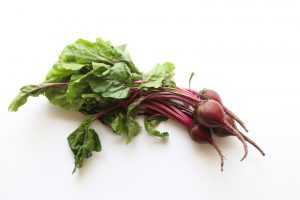
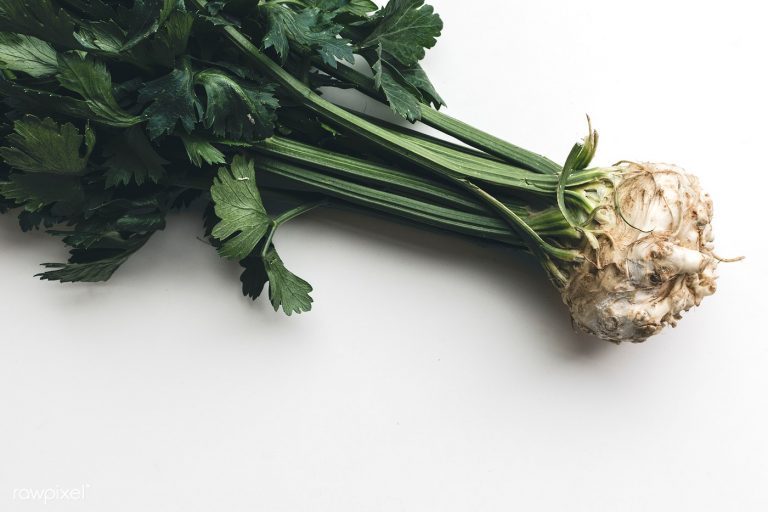
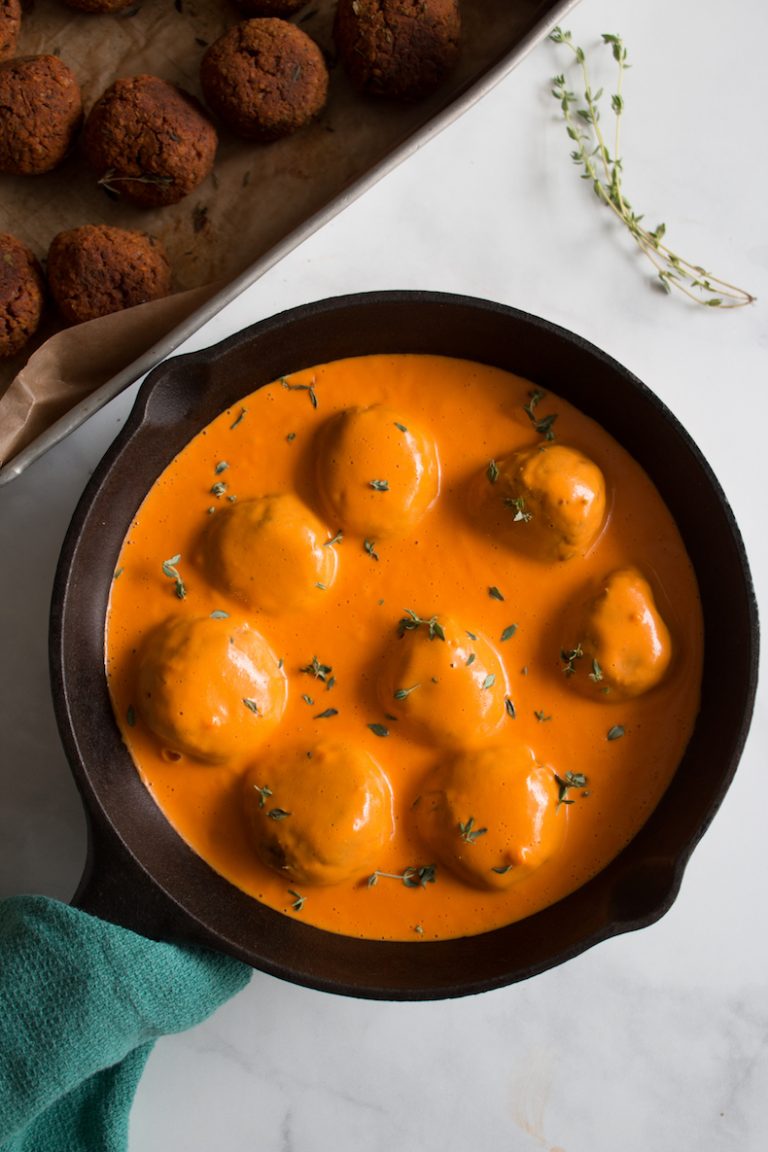
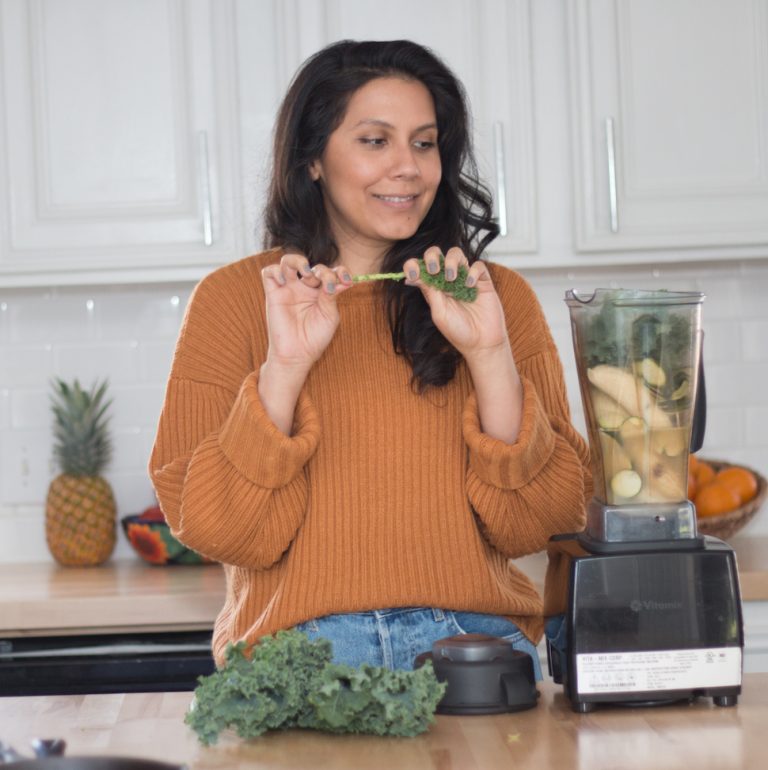
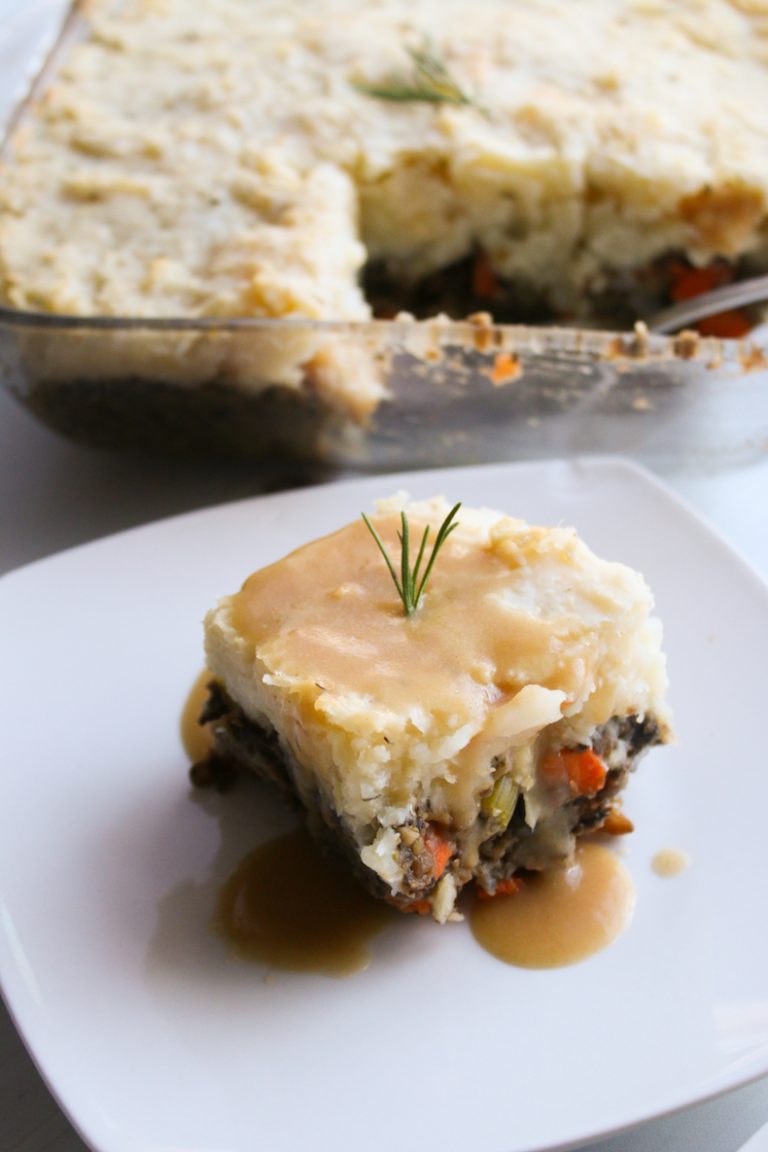
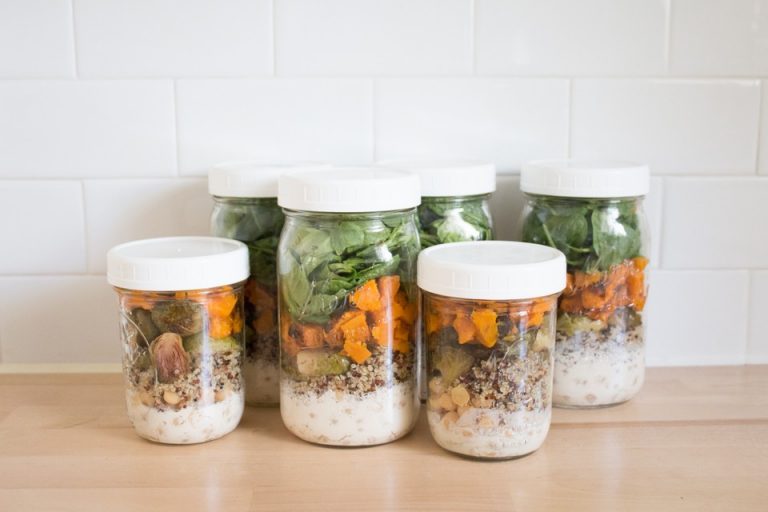


One Comment
Great tips! This post will be a great motivator for people to eat healthy without paying too much!